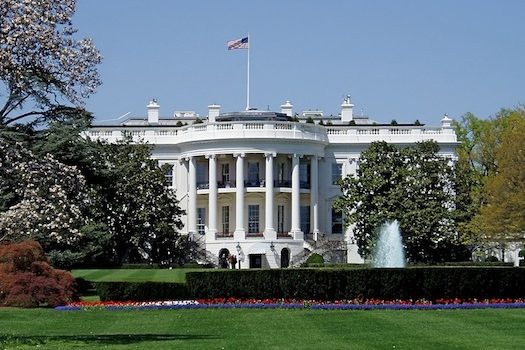
US Secretary of State Hillary Clinton is expected to announce a new space arms control initiative by the Obama administration which some critics are claiming could lead to restrictions on US military space activities and potentially reduce the tactical advantages those systems provide. The announcement of the initiative, much of which is to be based on the Code of Conduct for spacefaring nations proposed by the European Council, is expected to occur as early as next January.
“The United States has decided to enter into formal consultations and negotiations with the European Union and other spacefaring nations to develop an International Code of Conduct,” said an administration official. “We believe the European Union’s draft Code of Conduct is a solid foundation for future negotiations on reaching a consensus international code.”
The new position seems to contradict earlier statements by the US State Department, which said in a cable in December 2009 that the language in the code, including in many instances statements such as “shall” and “will”, was uncharacteristically binding for the officially non-binding code. Earlier this week, Undersecretary of State for International Security and Arms Control Ellen Tauscher stated while responding to questions from defense reporters that the State Department and Pentagon would reject the code, calling it “too restrictive.”
The EU Code of Conduct was first proposed in response to a spike in space debris caused by a 2007 Chinese ASAT test, followed by the shooting down of USA-193 by the US Navy as it reentered the atmosphere. The 12-page document calls for nations to “have access to, explore, and to use outer space […] fully respecting the security, safety of space objects in orbit consistent with international law and security, safety, and integrity standards.” Included in the code are measures to reduce the creation of additional space debris and, called for increased international transparency and communication in the event of on-orbit anomalies, including satellite malfunctions, accidents causing orbital debris, atmospheric reentry, and maneuvers that would bring satellites close together.


















































































































![A trajectory analysis that used a computational fluid dynamics approach to determine the likely position and velocity histories of the foam (Credits: NASA Ref [1] p61).](https://www.spacesafetymagazine.com/wp-content/uploads/2014/05/fluid-dynamics-trajectory-analysis-50x50.jpg)



Leave a Reply